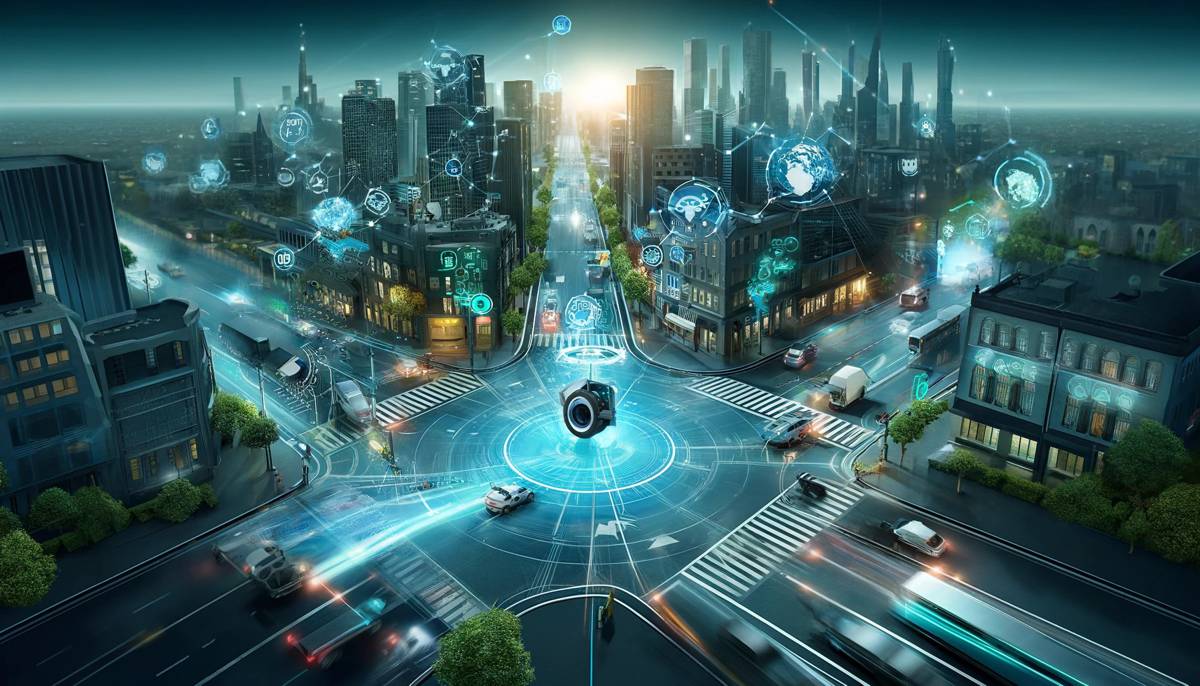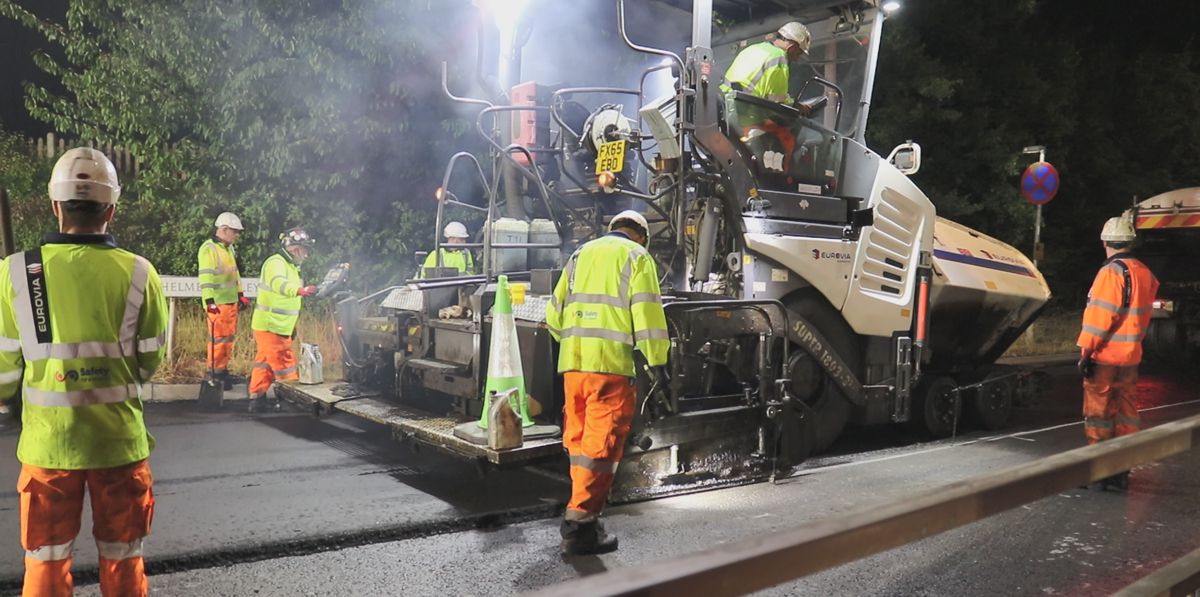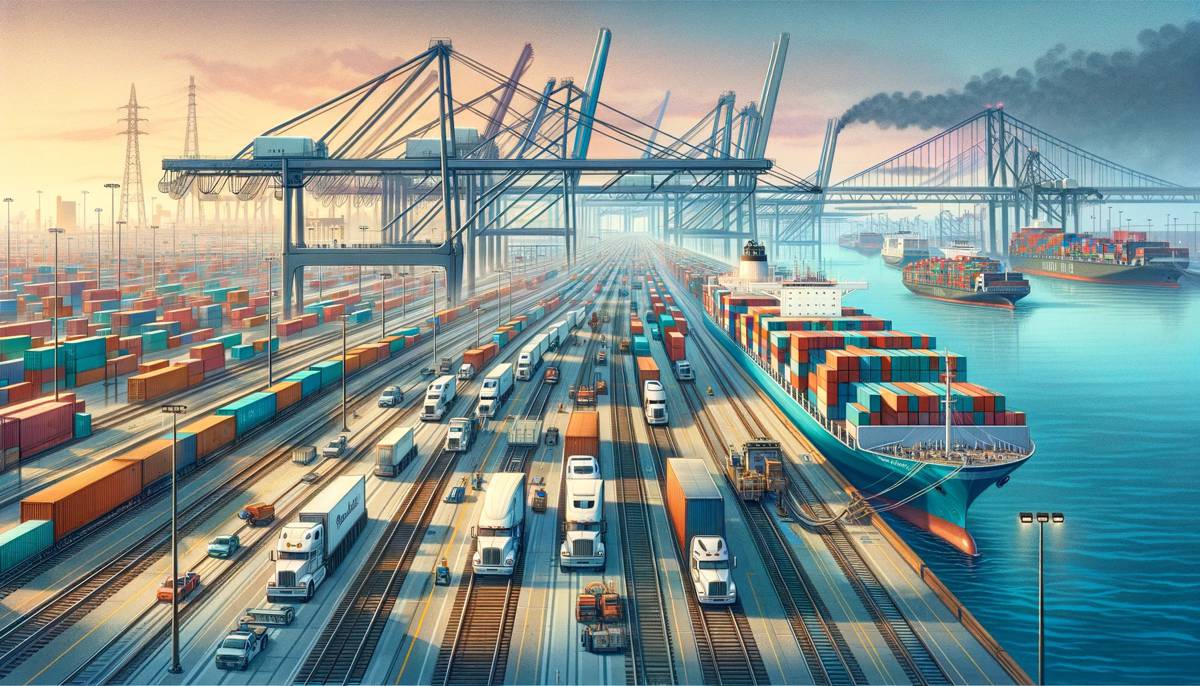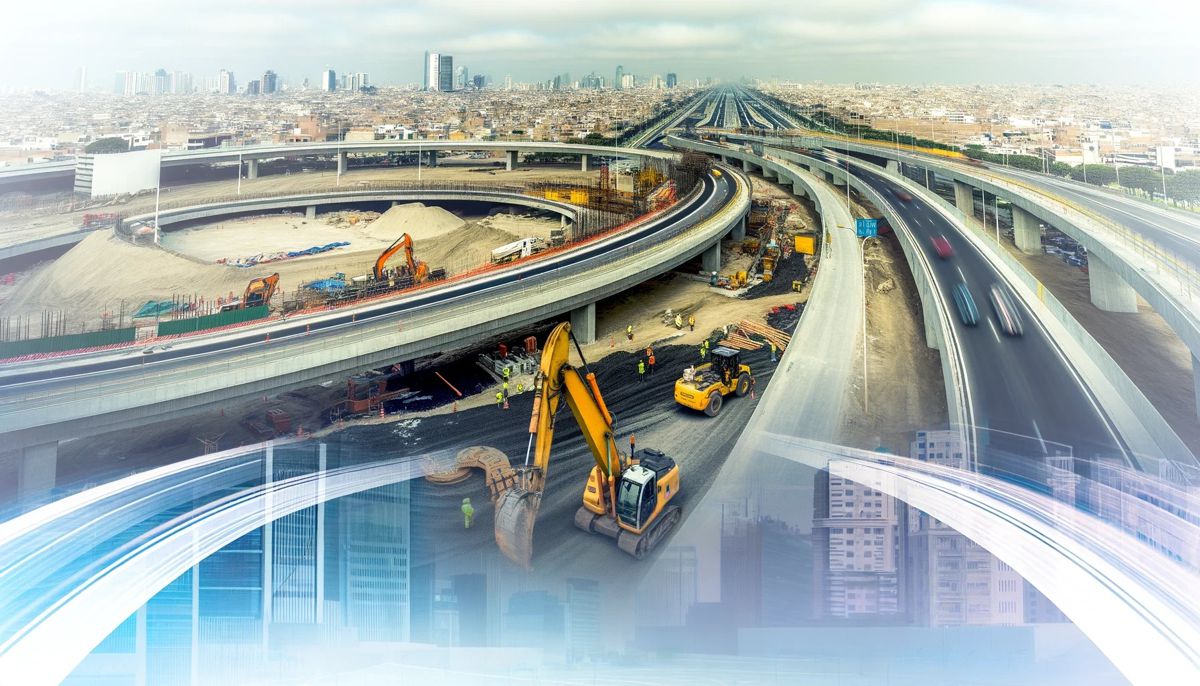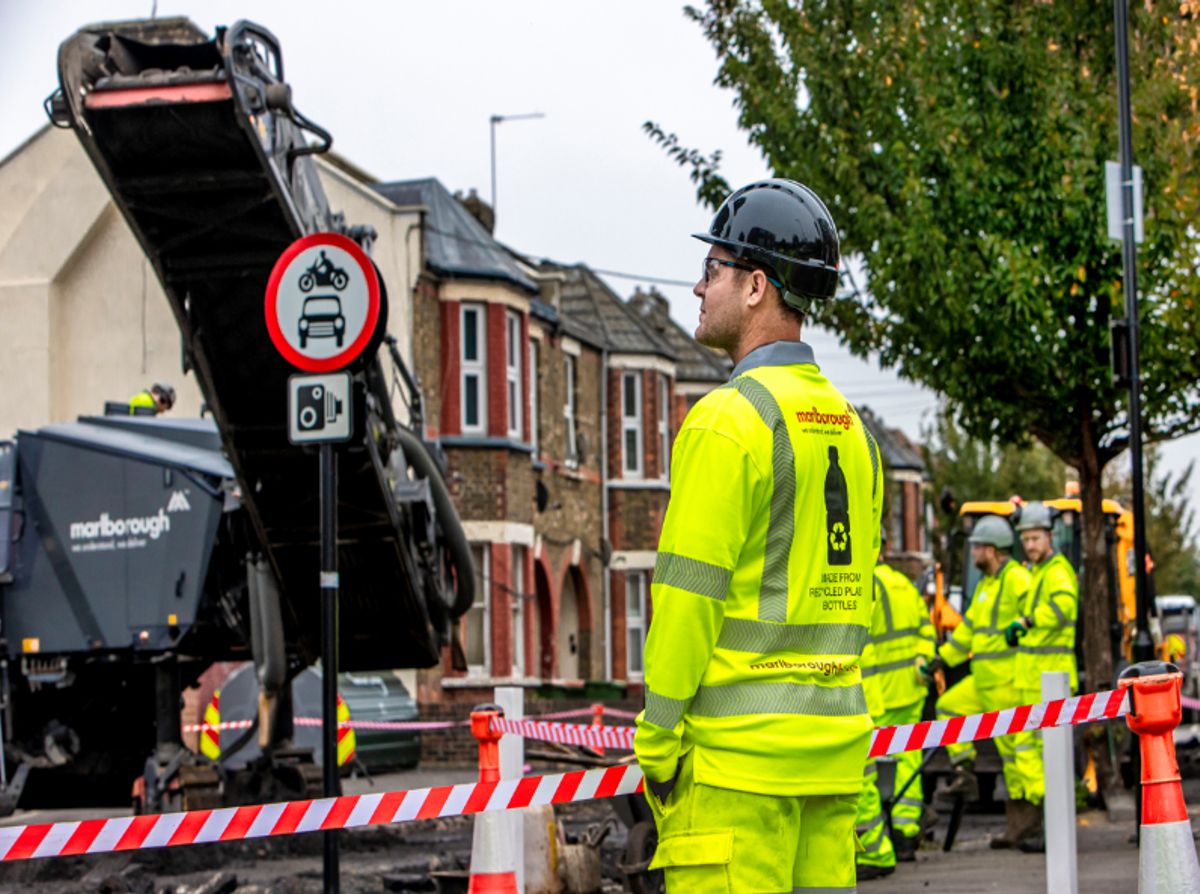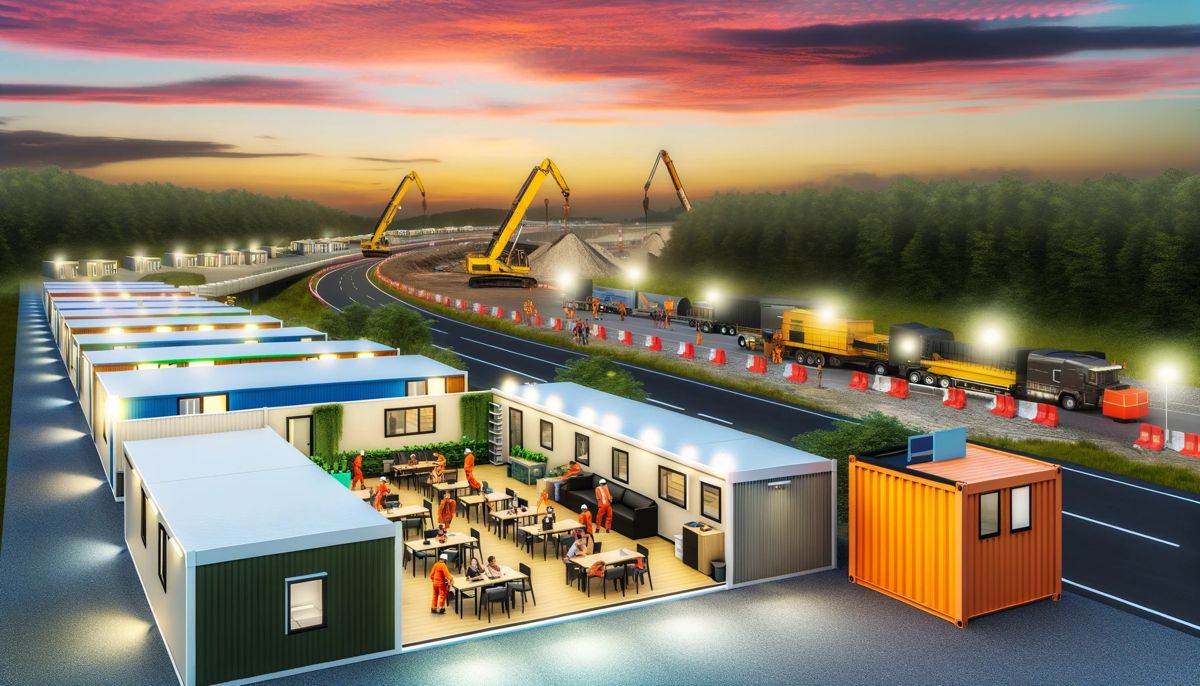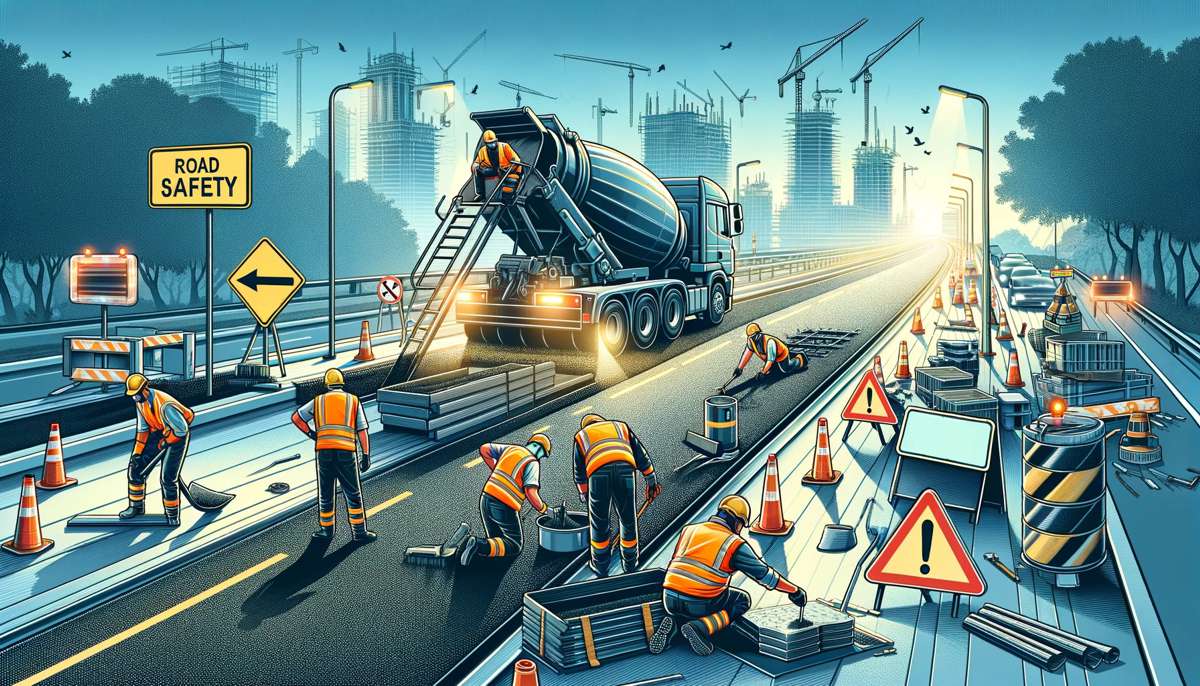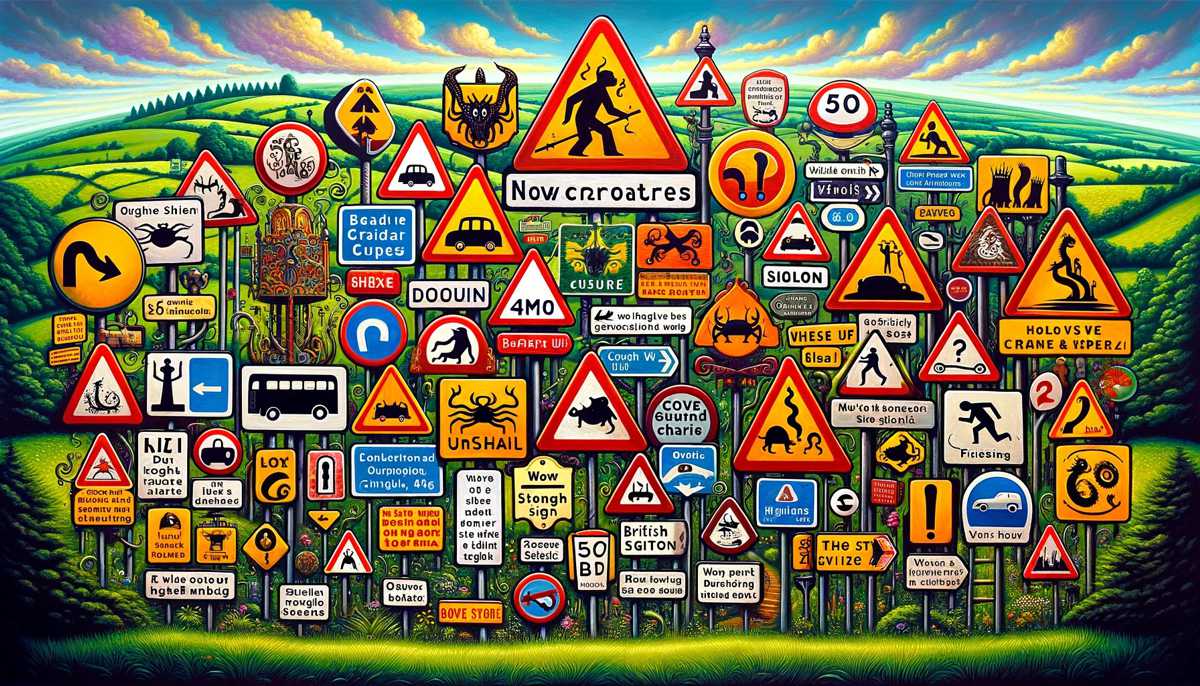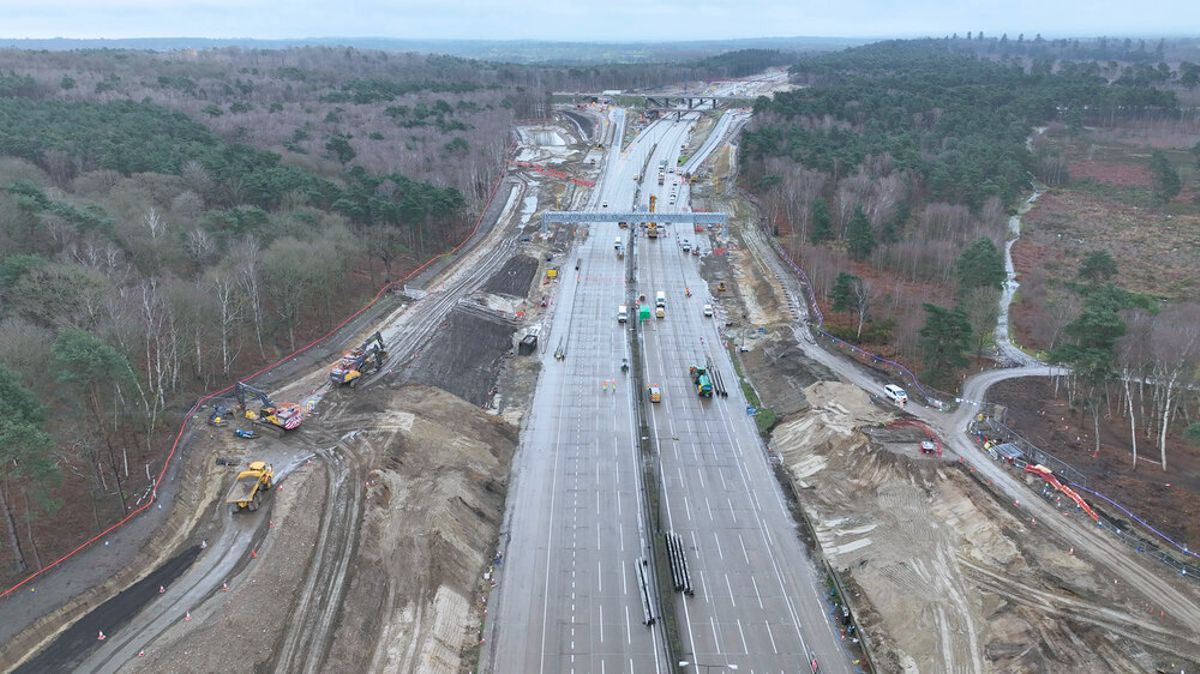Can Biology give us the answers for a better transport system?
Wanis Kabbaj works at the intersection of biology and transport. As the director of global strategy for healthcare logistics at UPS, his mission is to find ways for business to transport their temperature sensitive medicines and biotechnologies around the world.
For over sixteen years, Kabbaj has been focused on transportation and innovation. He has helped EADS Astrium diversify its satellite space transportation expertise into unexpected markets and participated in the global launch of a revolutionary low-cost vehicle called Logan which helped Renault / Nissan access new emerging markets.
Kabbaj is a citizen of both Morocco and France and has lived in four continents. Living in constantly changing cultural transitions has given him a taste for analysing problems using non-traditional thinking and combining disciplines. A real lateral thinker.

His TedTalk in the video above is all about transportation in cities. He says, “it absurd that we created cars that can reach 130 miles per hour and we now drive them at the same speed as 19th-century horse carriages!”
“In the US alone, we spent 29.6 billion hours commuting in 2014. With that amount of time, ancient Egyptians could have built 26 Pyramids of Giza. We do that in one year. A monumental waste of time, energy and human potential.”
The standard solution for congestion has usually been to build new roads or enlarge existing ones. Which works, but only up to a point. In cities that are too dense, too expensive and finances too fragile the result is clogged roads.
Kabbaj decided that we need a new source of inspiration, so using has lateral thinking background he hit upon a new approach when talking with a biotech customer. He realized that biology has been in the transportation business for billions of years – “Our vascular system – all the veins and arteries in our body making miracles of logistics every day. It has been testing countless solutions to move nutrients, gases and proteins. It really is the world’s most sophisticated transportation laboratory.”
“Each of us has 60,000 miles of blood vessels in our bodies, that’s two-and-a-half times the Earth’s circumference, inside you. What it means is that blood vessels are everywhere inside us, not just under the surface of our skin.”
Comparing our bodies to cities with roads, underground subway systems and some tunnels and bridges, all flat two dimensional structures, while our own vascular system uses a three-dimensional approach – so we need to embrace the vertical. “If our surface grid is saturated, well, let’s elevate our traffic.”
Kabbaj quotes the Chinese concept unveiled last year, that we covered, which has a bus that can straddle traffic jams. While flawed in its earlier stage design, it does lead on to many exciting concepts and ideas to take us higher with concepts such as suspended magnetic pods and the flying urban taxis Airbus is working on.
Biology is the solution according to Kabbaj, it has all the answers for transportation.
Kabbaj closes with the statement “We now have the dreams, the concepts and the technology to create 3-D transportation networks, invent new vehicles and change the flow in our cities. Let’s do it!”



